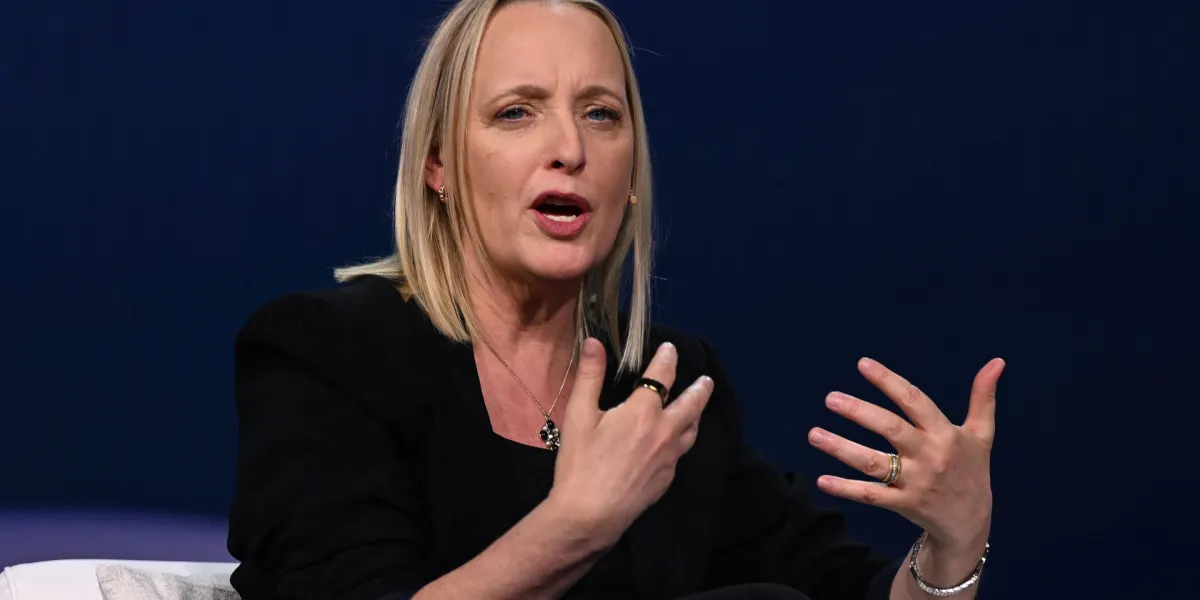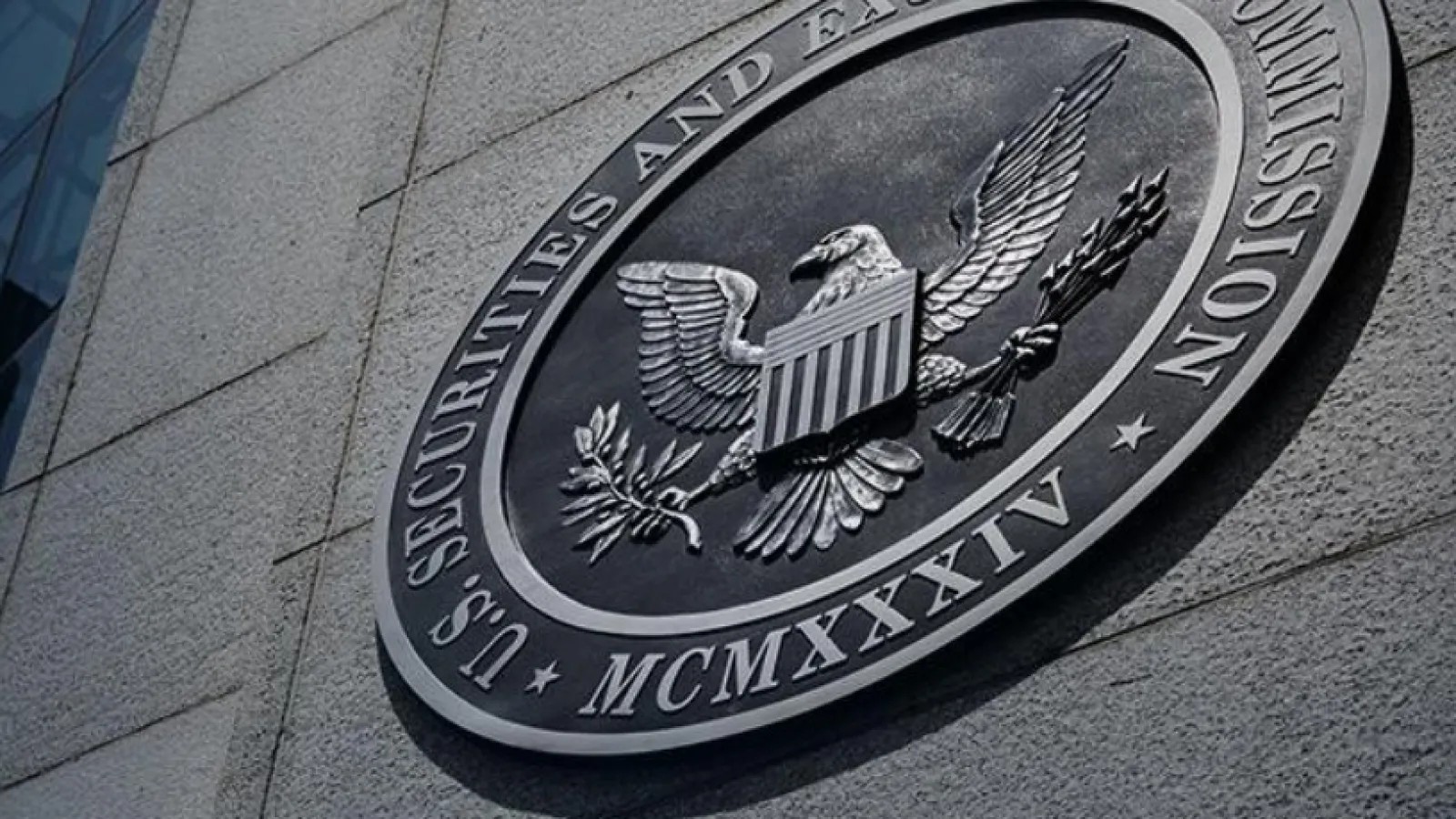By Melissa Maynard
Copyright trinidadexpress

The pace of global disruption is accelerating, and Caribbean businesses must treat risk management as a strategic priority rather than a back-office function, warned Ken Hackshaw, founder and president of the Caribbean Risk Management Academy (CRMA), as he opened the organisation’s seventh annual Hybrid Enterprise Risk Management Conference 2025 last week.
Addressing delegates at the Radisson Hotel in Port of Spain, Hackshaw said the region’s enterprises are facing unprecedented volatility, from climate change and geopolitical shocks to cybercrime and technological disruption, and must be prepared to adapt with agility and foresight.
He pointed out that extraordinary events have become the norm.
“No individual or organisation can predict specific risks, but these same organisations and individuals must prepare for an uncertain and volatile future that includes climate change, societal disruption, increased crime, technological disruption, geopolitical risks, threats to the global supply chain, cybercrime, and data protection and privacy issues, to name a few,” he said.
Signalling a sobering reality, Hackshaw added: “In the rest of our lifetime, the pace of change, complexity, and volatility of risk will never again be as low as it is today.”
He emphasised that to thrive in tomorrow’s world, organisations must become more risk-educated, resilient, and risk-intelligent than they are today.
“Enterprise risk management within companies is no longer a back-office function; it is a strategic, business-critical imperative,” Hackshaw said. “Whether you’re in finance, tourism, energy, or public service, CRM provides the framework to navigate uncertainties with confidence, agility, and purpose.”
Hackshaw also warned that the risk landscape is shifting rapidly. Artificial Intelligence (AI), he noted, is transforming how threats are detected, patterns analysed, and decisions made. “AI is helping us move from reactive controls to predictive foresight, but it also introduces new vulnerabilities, such as algorithmic bias, data privacy concerns, and cyber threats that evolve faster than our policies,” he said.
He urged Caribbean institutions to prepare for shocks not only with resilience but with renewed thinking. “We need to build community leaders who see risks not as threats but as strategic superpowers, sharing tools, insights, and experiences that help us lead before crises, not just respond after,” Hackshaw said.
Also speaking at the event was Candice Ramsaran, deputy permanent secretary in the Ministry of Planning, Economic Affairs and Development. “The Minister of Planning recognises that risk management is not an alien concept. As a matter of fact the mitigation of risk is part of the course for any government charged to run a nation,” she said.
Ramsaran acknowledged that government institutions constantly face risks that affect security, stability, and project implementation, all of which can negatively impact the ability to perform essential functions.
She noted that these risks stem from global pressures, economic volatility, climate and environmental shocks, social fragmentation, and the relentless pace of technological change.
She said these challenges push the Government to move beyond business as usual, adopting fresh thinking and bold action while maintaining an unwavering commitment to national economic and social prosperity.
She stressed that data is essential for anticipating risk, identifying solutions and taking action.
“Data is the compass that guides our decisions, providing the evidence that shapes policies, programmes and projects while simultaneously revealing whether our strategies are improving lives. With accurate, timely, and inclusive data, we can navigate an ocean of security and knowledge empowered to make decisions ensuring that no community, family or individual is invisible along the journey of national enhancement and self-actualisation,” she said.



